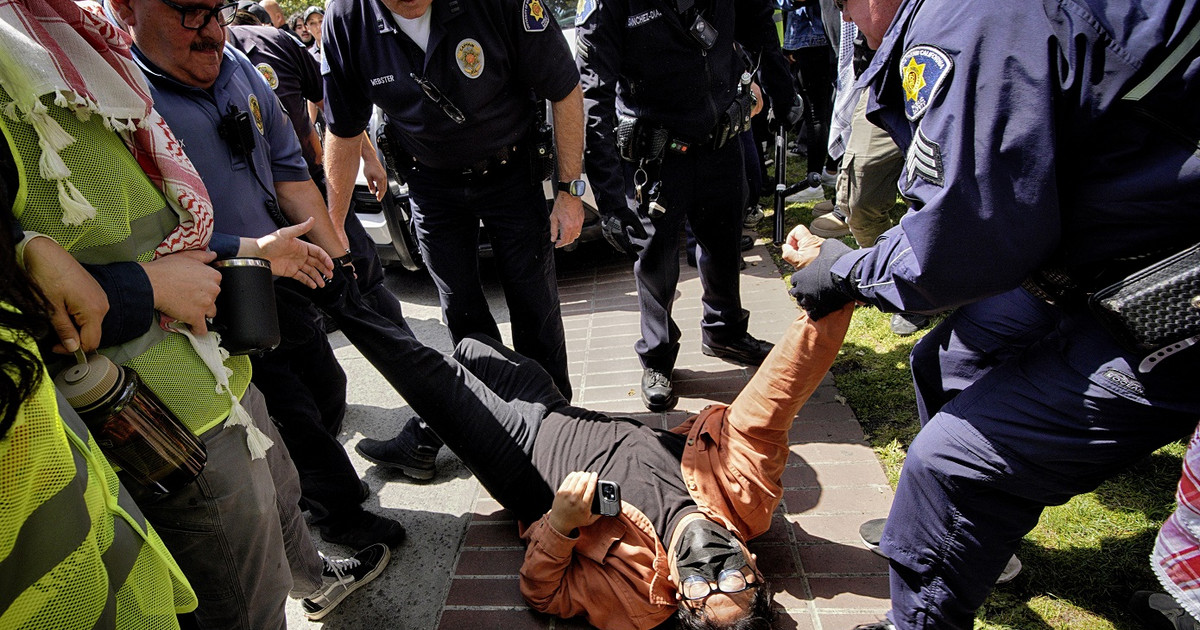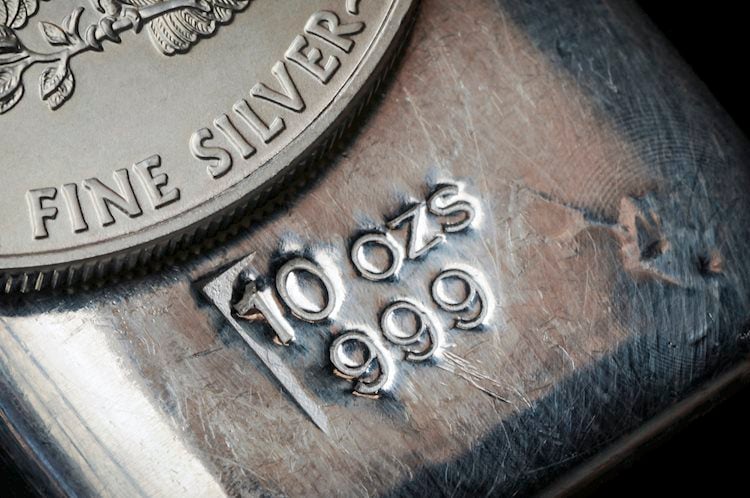The increase in long Covid-19 cases, which is when the disease’s sequelae remain even after the infection ends, has opened the way for a new type of diagnostic medicine service, the post-Covid check-up. Some clinical analysis laboratories have created test packages that promise to investigate the causes of sequelae and help prevent complications.
But this type of check-up is only indicated for those who remain with some Covid-19 symptom that brings a worsening in their quality of life. People who had moderate and severe forms of the disease can also benefit from the investigation, as long as they maintain medical follow-up, says infectologist Paulo Abrão, professor of Infectology at the Federal University of São Paulo (Unifesp) and member of the Brazilian Society of Infectology .
“It doesn’t make sense for everyone who has had Covid-19, which is millions of people, to have a check-up, because public and private health can’t take it. Those who had Covid-19 must have a self-perception of whether their health has returned to the way it was before or not. In these cases, an evaluation is important”, says Abrão.
who should do
For infectologist Raquel Muarrek, from Rede D’Or, it is important for those who had Covid-19 to do some kind of medical assessment in the persistence of symptoms felt during the acute phase of the disease, and especially among those who have undergone hospitalization.
“The patient who was hospitalized may still have pulmonary foci, thrombotic changes that are really necessary to make an adequate segment. On the other hand, those who had mild Covid-19, with no involvement of organs in the acute phase, should only carry out an assessment if they have something sequential”, he says.
According to the infectologist, laboratory tests, such as blood tests, or imaging tests, such as an echocardiogram, can assess whether there was any change in the immune system after Covid-19 or cardiac changes, which have been presented as symptoms of the post-Covid syndrome.
“The ideal is to make a medical appointment to assess whether the patient has stable immunity or if the infectious conditions have remained, someone who asks and evaluates the exams”, he says.
Cause of sequelae
Some sequelae presented after Covid-19 may not be exactly due to SARS-CoV-2 infection, but a consequence of hospitalization time or other pre-existing diseases, which, in Abram’s view, indicates caution about the need for a check-up .
“The more serious the Covid infection, the greater the chance of sequelae, due to the consequences of the hospitalization itself, because the intubated patient is the basis of many drugs. The virus must cause something, but most of the sequels we see are because the patient was in serious condition, you can’t attribute everything to post-Covid”, he warns.
The infectologist explains that cases of long hospitalization for Covid-19 can cause respiratory, neurological and motor sequelae.
Respiratory sequelae from the fact that the coronavirus inflames the lungs; neurological disorders due to contact with the virus, which increases the risk of strokes to cognitive problems, such as difficulties with reasoning and memory, concentration or insomnia, in addition to mood changes and psychiatric changes that trigger post-traumatic stress, depression and syndrome of panic.
There are other sequelae that can cause changes in the peripheral nervous system, which cause fatigue, muscle and joint pain, explains Abrão.
What is in the post Covid check-up
The labs select tests based on the most recurrent symptoms reported in scientific research on Covid-19 long and also taking into account the most common complaints from customers. All are only suitable for persons over 18 years of age.
The Fleury Medicina Diagnóstica laboratory observed an increase in the demand for different test orders with the aim of investigating the causes of post-Covid-19 symptoms. Most were male executives, in their 40s and 50s, who had very similar symptoms.
The check-up for men costs R$ 3,790 and for women R$ 4,550, due to the need to carry out women’s health exams, according to the laboratory.
“The main complaints are usually fatigue that doesn’t go away, reduced physical resistance, cardiovascular and lung problems, impaired attention and memory, constant hair loss, in addition to the psychological impact”, says infectious disease specialist Celso Granato, clinical director of Fleury .
With these data in hand, the laboratory created the post-Covid check-up that offers SARS-CoV-2 serology, blood tests that will measure possible metabolic changes, in addition to cardiopulmonary tests, in addition to cognitive tests and evaluation with an otolaryngologist, for cases of loss of smell and taste.
The check-up lasts, on average, three hours, during which the client first undergoes a physical assessment and report of symptoms, and then undergoes blood tests, imaging tests, stress tests, until the final assessment with a general practitioner .
“The pillars of clinical examinations involve the assessment of possible cardiovascular injuries that can occur after Covid-19, such as arrhythmia and myocarditis; a clinical pulmonary evaluation through chest tomography and pulmonary scintigraphy, capable of detecting or ruling out any infection or pulmonary embolism, in addition to an echocardiogram and blood tests”, says Granato.
Cardiologist Paola Smanio, coordinator of the Fleury check-up, says that the battery of tests also has the function of detecting compromises that the client himself did not know he had, in order to avoid future complications.
“By carrying out an echocardiogram, even in the youngest, we can discover asymptomatic myocarditis, some deterioration in function that may justify the reported tiredness. And in the cardiopulmonary test, we can differentiate whether this tiredness is any change in the heart or lungs”.
Investigation after infection
Labi Exames created a check-up with 16 clinical analysis tests that assess changes in the liver, blood, kidneys, immune and inflammatory system, in addition to antibodies potentially produced after the infection. All collected by blood test. The check-up fee is R$175.
The laboratory, which launched the check-up in March of this year, indicates that the tests should be carried out from the 14th day of the symptoms of Covid-19, when the production of antibodies starts to be higher.
“We advise that the exams be carried out within three months after the end of the disease, because it is within this period that the changes occur [no organismo] when they exist”, says Aline Scarabelli, medical consultant and infectious diseases specialist at Labi Exames.
According to Scarabelli, most of the clients who look for a laboratory check-up are women in their 30s to 50s, reporting fatigue, shortness of breath and changes in taste.
“If the exams show changes, the medical team gets in touch to guide medical assistance, because the exams are a technical orientation that does not dispense with medical care”, he says.
Check-up does not replace medical evaluation
High Diagnostic Excellence also recently began offering a post-Covid-19 check-up last month. The value of the exam package associated with the medical evaluation is R$3,500.
The customers who most seek the service are those between 40 and 60 years old, reporting fatigue, shortness of breath, difficulty keeping breath in sports, explains Raffael Fraga, cardiologist and coordinator of the laboratory’s medical check-up.
The exams are divided into laboratory tests of blood, imaging, stress and with cardiologists, neurologists, pulmonologists and an otolaryngologist to assess different points.
“We evaluated the risk of thrombosis with a pulmonary function test, a chest tomography, an exercise test to assess inflammation of the cardiac muscles, in addition to medical evaluation. With the possibility of progressing to other exams if complications arise”, says Fraga.
According to the cardiologist, the post-Covid-19 check-up differs from the traditional ones that are preventive. Its function is to provide follow-up and guidance if necessary.
“The common check-up has exams that focus on prevention. The post-Covid-10, on the other hand, is based on the complaints of the long Covid-19 and is designed with the objective of investigating the patient’s current state of health”.
Reference: CNN Brasil






